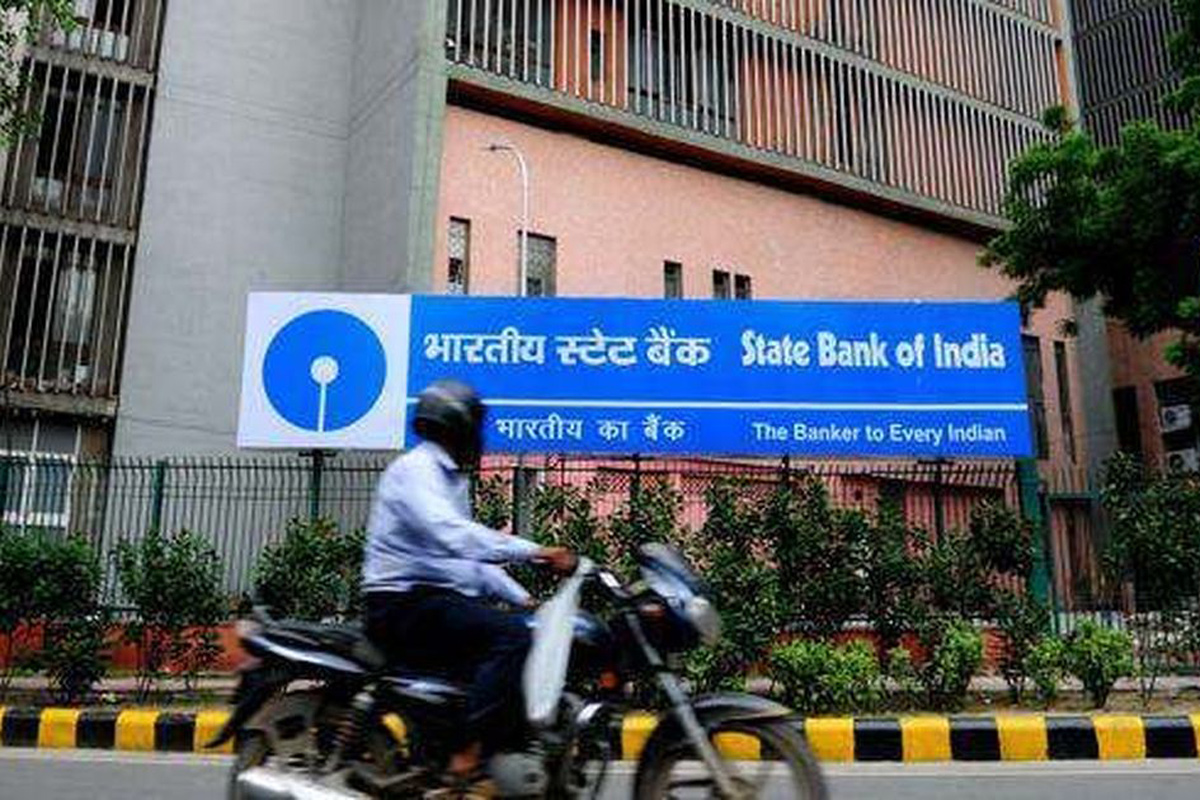MoU to promote livestock, rural economy
State Bank of India (SBI) today signed a Memorandum of Understanding (MoU) with West Bengal Livestock Development Corporation Ltd. (WBLDCL) to promote livestock development and rural prosperity in West Bengal.
These details include the unique bond numbers that would disclose the link between the buyer and the recipient political party.

(Photo: AFP)
The Supreme Court of India on Monday directed the State Bank of India to make complete disclosure of all the details related to the electoral bonds by March 21.
These details include the unique bond numbers that would disclose the link between the buyer and the recipient political party.
Advertisement
A five-judge Constitution bench headed by Chief Justice D Y Chandrachud said, “There is no manner of doubt that the SBI is required to disclose complete details of the bonds.”
Advertisement
The court has directed the SBI to submit all the details by 5 pm on March 21.
During the hearing, the CJI said, “In the judgment, we had expressed, asked the State Bank of India to disclose ‘all details.’ That includes the bond numbers as well. The bank cannot be selective in disclosing all details. Do not wait for the orders of this court.”
“In our judgment, we have taken a conscious decision that the cut-off date should be the date of interim order (April 12, 2019). We took that date because it was our considered view that once that interim order was pronounced, everybody was put on notice. If we have to go back to an earlier date, it will become a substantive modification of the judgment and will require a review of this judgment. This cannot be done in a miscellaneous application,” the CJI said.
A five-judge Bench of Chief Justice DY Chandrachud and Justices Sanjiv Khanna, BR Gavai, JB Pardiwala and Manoj Misra was hearing the case related to the electoral bonds.
It is to be noted that last week, the SC issued a notice to the country’s largest bank to explain the reasons for the non-disclosure of unique alphanumeric numbers in compliance with its directions, saying the SBI was duty bound to reveal them.
On March 12, the SBI furnished the electoral bonds details to the Election Commission of India in compliance with the court’s order.
Later, the Election Commission of India uploaded the electoral bonds data on its official website, adhering to the court’s directives for transparency.
The electoral bonds scheme had allowed donors to anonymously send funds to a political party after buying bearer bonds from the SBI.
It was introduced through the Finance Act, 2017, which in turn amended the Reserve Bank of India Act, the Income Tax Act and the Representation of People Act.
Advertisement